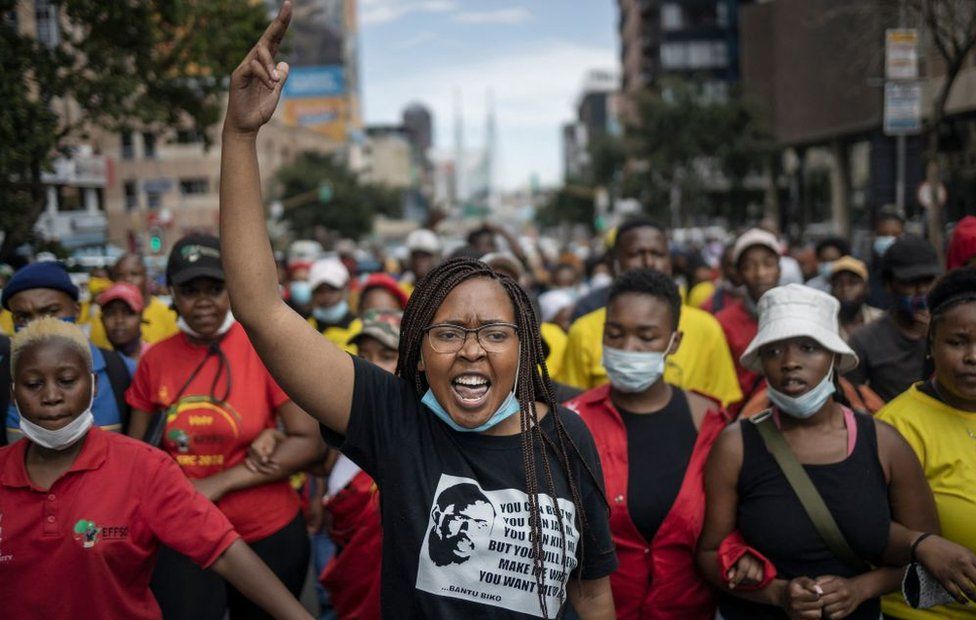
The Independent Electoral and Boundaries Commission is in a legal mess following vicious fights between multinational companies over multimillion-dollar tenders for the supply of voting materials. The firms are eyeing the electoral agency’s U.S.$359 million budget for the 2022 General Election.
The Public Procurement Administrative Review Board has stopped a U.S.$24 million tender for the printing of ballot papers that had been awarded to a Greek firm, Inform Lykos (Hellas) SA.

The High Court has also overturned the board’s cancellation of a lucrative tender for purchase of ICT tools.
The Greek firm won the tender on October 14, 2021 beating Dubai-based Al Ghurair Printing and Publishing LLC, which had the 2017 deal, writes Joseph Wangui for The Nation.

Kenya President Still Wants Constitutional Changes Before Polls
President Uhuru Kenyatta and former prime minister Raila Odinga are still clinging to the hope of successfully pushing through constitutional changes which are currently bogged down in the courts, through a referendum before the 2022 elections.
President Kenyatta stated that the referendum was inevitable, saying the proposed constitutional changes popularly known as the Building Bridges Initiative (BBI) would ensure the devolution of more resources to the counties and fair representation in parliament.
Seven judges of the Court of Appeal are set to give their verdict on August 20, 2021 after the president and the referendum’s designated promoters challenged the High Court judgment.
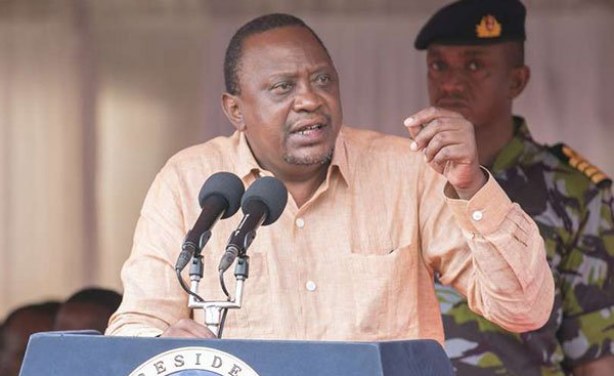
BBI proposes to increase the number of constituencies, which the proponents of the reforms say will see more resources sent to the grassroots to stimulate growth and promote equity.
With slightly over 12 months to the 2022 elections, speculation is rife that President Kenyatta may have settled on Odinga, his bitter rival in the last two polls, as his preferred successor, writes Otieno Otieno for The East African.
In a fresh twist to the vicious war between the judiciary and the executive that has been ongoing for at least two years, newly appointed Chief Justice Martha Koome and the Judicial Service Commission have for the first time publicly backed Kenyatta’s decision to omit six judges from a list of 40 individuals nominated to top courts two years ago.
Somali Militia Calls Ceasefire While U.S. Reviews Army Support
Somalia militia, Ahlu Sunna Wal Jamaa (ASWJ), has agreed to a ceasefire following talks brokered by the local business community, bringing an end to days of bloodshed in the federal state of Galmudug. The AWSJ was allied with government forces against Al-Shabaab but fell out over power-sharing arrangements in the local federal administration, writes Aggrey Mutambo and Abdulkadir Khalif for Daily Nation.
Somalia militia, Ahlu Sunna Wal Jamaa (ASWJ), has agreed to a ceasefire following talks brokered by the local business community, ending days of bloodshed in Galmudug federal… Read more »
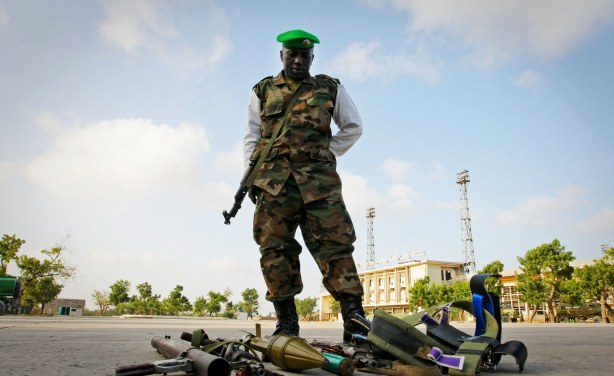
Meanwhile, the U.S. is reviewing its support of the Somali army’s elite military group Danab, after fighting in the town of Guriel that pitted government troops and Galmudug regional forces against militia group ASWJ. ASWJ are opposing Al-Shabaab, a militant group which the U.S. says is the biggest threat to stability in the region, writes Falastine Iman for Voice of America.
Africa: China Joins AU, African Leaders in Anti-Sanctions Call for Zimbabwe
China has joined African countries in pushing the United States and other Western governments to end their two decades-long economic blockade against Zimbabwe, arguing that it has brought the economy of the country to its knees.
Beijing, along with the African Union (AU) and the Southern African Development Community (SADC) and other African countries this week issued a strong-worded solidarity messages as Zimbabwe marked its ‘Anti-Sanctions Day’ on October 25.
SADC in 2018 set aside October 25 to lobby against the embargo that was imposed during the Robert Mugabe era for alleged human rights violations and electoral fraud.
Wang Wenbin, Chinese Foreign Affairs ministry spokesperson, described the sanctions against Zimbabwe as “illegitimate and unilateral.”
“We once again solemnly call on certain organisations, including the US, to lift illegal sanctions on Zimbabwe as soon as possible and focus more on helping Zimbabweans fight the Covid-19 pandemic and resume economic development and play a constructive role in promoting Africa’s peace and development,” Mr Wang said.
AU chairperson Moussa Faki Mahamat said the continental body was demanding the “immediate and unconditional removal of sanctions imposed against the Republic of Zimbabwe.”
Mr Mahamat said he remained “concerned by the negative impacts of continued sanctions on the country’s socio-economic development and recovery efforts.”
He said the AU will continue working “closely with SADC to support all regional efforts” in fighting against the sanctions imposed on Zimbabwe.
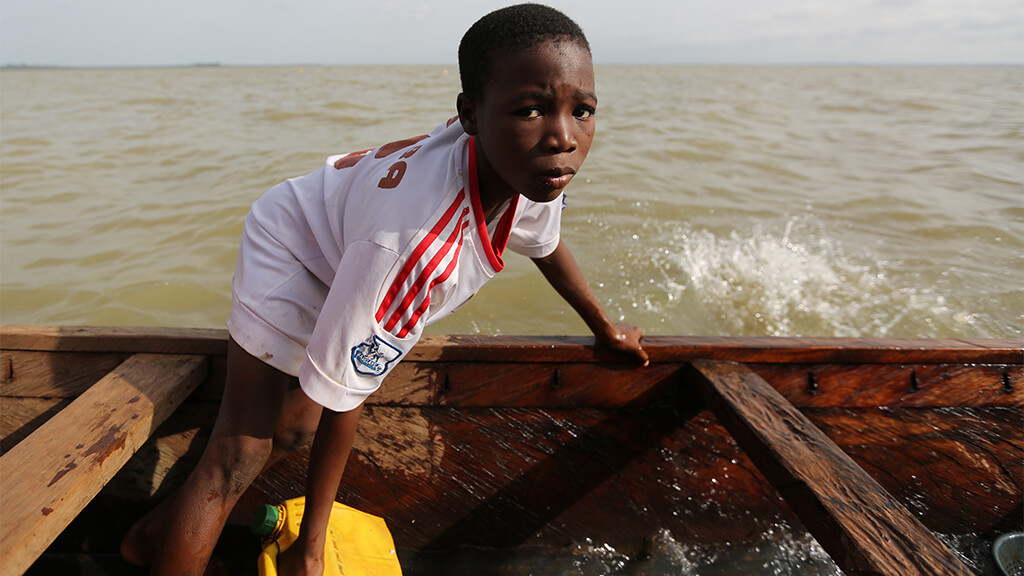
SADC chairperson and Malawi President Lazarus Chakwera while urging Western countries to lift sanctions on Zimbabwe, urged the country to engage in “constructive dialogue with a view to consolidating the rule of law, democracy, governance and human rights.”
“It is only through such exchanges that better appreciation of concerns of all parties could be secured and progress towards their resolution be achieved,” President Chakwera said.
Hurting ordinary people
He urged Western countries to “support Zimbabwe’s efforts towards implementing her reform agenda.”
Alena Douhan, a United Nations special rapporteur on the negative impact of unilateral coercive measures on the enjoyment of human rights, this week also called for an end to the embargo against Zimbabwe after a 10-day fact finding mission in the country
“The US and other states should lift their sanctions on targeted individuals and entities and end over-compliance,” Pro Douhan from Belarus said in her preliminary report.
“The time is ripe for sanctioning states and key national stakeholders to engage in meaningful structured dialogue on political reform, human rights and the rule of law, and abandon rhetoric on sanctions as an advocacy tool.”
The US first imposed sanctions on Zimbabwe in March 2003 and later widened them to include about 250 individuals linked to then president Robert Mugabe for allegedly undermining democracy.
US sanctions against Zimbabwe also prohibit Americans from engaging in any transactions or dealings with people or government-linked institutions on a sanctions list that is reviewed annually.

Targeting Officials
On the other hand, the European Union in 2002 imposed a travel ban on Mugabe and dozen other government officials following a disputed presidential election. Only the long-time ruler’s widow, Grace Mugabe, and the state-owned Zimbabwe Defence Industries remain on the EU sanctions list.
US, EU and other Western missions in Zimbabwe issued statements denying accusations that the sanctions were hurting ordinary people.
The Western countries insist that President Emmerson Mnangagwa’s government must implement political and economic reforms for the sanctions to be removed.
Jim Risch, a member of the US Senate foreign relations committee, said Washington was not moved by the “rhetoric” on the Zimbabwe sanctions.

“Another year, another hollow anti-sanctions campaign from the government of Zimbabwe, full of rhetoric instead of change,” tweeted Senator Risch in response to a speech by President Mnangagwa to mark the country’s Anti-Sanctions Day on October 25.
“The US is consistent and clear about the path to better relations.
“Stop the corruption. Stop the human rights abuses. Pursue real political and economic reform,” he added.
President Mnangagwa, who succeeded Mugabe following a military coup in 2017, is accused of going back on his promises to “restore democracy” Zimbabwe.
Several Zimbabwean security chiefs and a business tycoon linked to the president have in recent months been slapped with sanctions by the US and the United Kingdowm for alleged corruption and human rights violations.
Read the original article on East African.
Mali suffers a toxic mix of climate change, militancy and corporate looting
Land grabbing triggered by lucrative foreign offers for arable land have combined with climate change and violence, pushing Malians to the brink.
Huge herds run through the arid central regions of Mali. They go up the Niger River. It is a transhumance that has lasted for centuries. Men, boys, and children of the Fulani ethnic group, a name that comes from a word that means “free”, lead hundreds of cattle in search of water, crossing borders, armies, and militias.
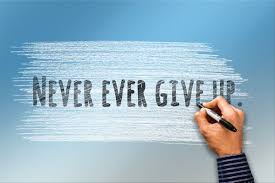
Amadou is 13 years old. He has been traveling with his father and brothers for several months now. He left his mother and sisters at home. He attends school only occasionally. What he does know well is how to manage his herd – he knows what they need, he knows how to follow the stars and how to read the earth to avoid the innumerable risks of the Sahel. Today, Amadou’s herd is heading towards the inner delta of Niger.
It is the second-largest wetland on the African continent. It’s unique biodiversity is the agricultural center of Mali and is home to over half a million inhabitants. The inner delta of Niger is the nerve centre of the region – although now, it is under siege.
Mori Diallo, head of the office of Mopti and Sevare for Wetlands International, has no doubt that the region is precariously delicate.


 Trump administration offers to pay plane tickets, give stipend to self-deporting immigrants
Trump administration offers to pay plane tickets, give stipend to self-deporting immigrants  The Force Awakens: Aiden Anderson’s Rise in Dallas Amateur Boxing
The Force Awakens: Aiden Anderson’s Rise in Dallas Amateur Boxing  Tesla’s Cybertruck Will Rapidly Depreciate From Now On
Tesla’s Cybertruck Will Rapidly Depreciate From Now On  Was it really about the Lil Wayne Concert
Was it really about the Lil Wayne Concert  Black Chicago Activists Blast Mayor Brandon Johnson for “Replacing” Them With Migrants
Black Chicago Activists Blast Mayor Brandon Johnson for “Replacing” Them With Migrants  Migrants desperately digging through trash bins for food as they live out of buses in Chicago
Migrants desperately digging through trash bins for food as they live out of buses in Chicago  Sofia Llamas: A Force for Good in Colorado – Igniting Hope and Empowering Communities
Sofia Llamas: A Force for Good in Colorado – Igniting Hope and Empowering Communities  Thomas Edward Patrick Brady Jr, Shedeur Sanders, Travis Hunter, Shilo Sanders, Jimmy Horn Jr, Global Don, and more
Thomas Edward Patrick Brady Jr, Shedeur Sanders, Travis Hunter, Shilo Sanders, Jimmy Horn Jr, Global Don, and more